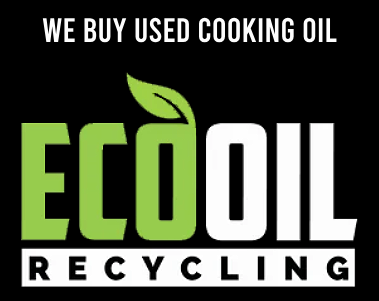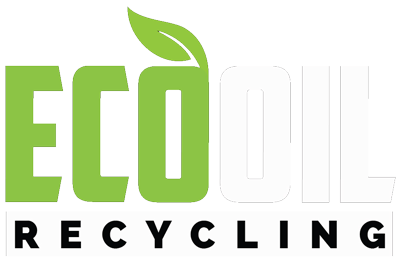Commercial kitchens are required to install grease traps on-site to prevent grease and similar substances from going down the drain. Restaurant cooking generally produces fats, oils, and grease (FOG) that can end up in the kitchen drain system. Grease traps intercept FOG before they reach the drain, preventing them from clogging the city sewer system and causing a significant environmental hazard.
Restaurants and other commercial kitchens are required to maintain their grease traps to make sure they continue to work properly. Failure to keep a grease trap clean can lead to blockages in the sewer system that require costly repairs and can contaminate the natural environment. Restaurants that don’t keep up with grease trap cleaning regulations may also be subject to fines for local code violations.
Grease Trap Maintenance and Cleaning
Ultimately, it is the responsibility of the business owner to make sure a grease trap is regularly cleaned so it is functioning properly. Pouring FOG down the drain isn’t an option so it’s essential to make sure a grease trap gets cleaned on a regular basis. Signs it’s time for a grease trap cleaning include slow drainage, foul odors coming from the grease trap, and visual buildup of grease. By staying on top of cleaning responsibilities, you can make sure your kitchen continues to run smoothly.
Staying Compliant
Many municipalities have codes in place that require how often a grease trap must be cleaned depending on the type of restaurant or commercial kitchen that is being operated. It’s important to be aware of the local codes in the area to stay compliant and avoid any major problems. Keeping maintenance records regarding the cleaning of the grease trap in a log is also a good idea so you can check back on it if anything comes up in the future.
Working with a Professional Grease Trap Cleaning Service
Professional grease trap cleaning and pumping services can help maintain a clean kitchen and stay compliant with local regulations. Scheduled cleanings will ensure that you can avoid overflows. Service technicians from EcoOil Recycling will pump out 100% of the liquid and solid debris and scrape the grease trap thoroughly during a cleaning to prevent issues. Making sure to stay on top of grease trap cleaning will reduce the risk of sewer backups and extend equipment lifespan.
Contact EcoOil Recycling today for a FREE site visit to inspect your grease trap and determine the proper pumping and cleaning schedule.

